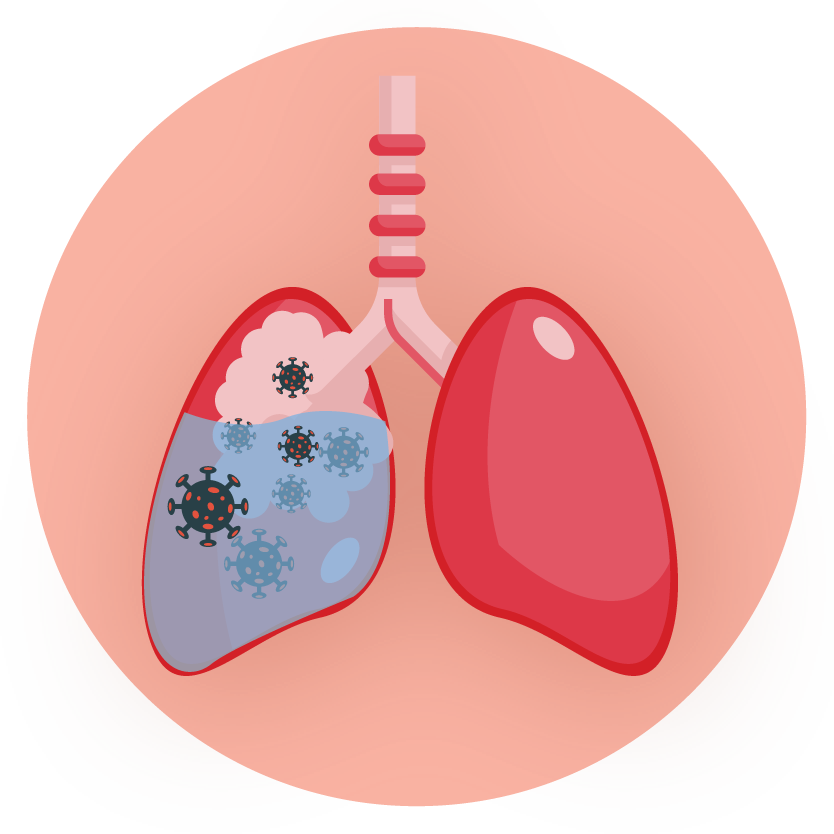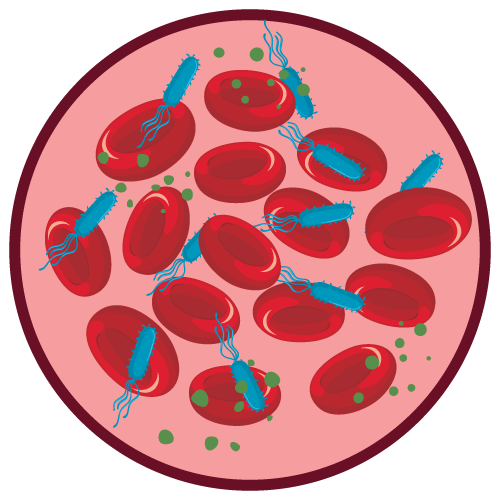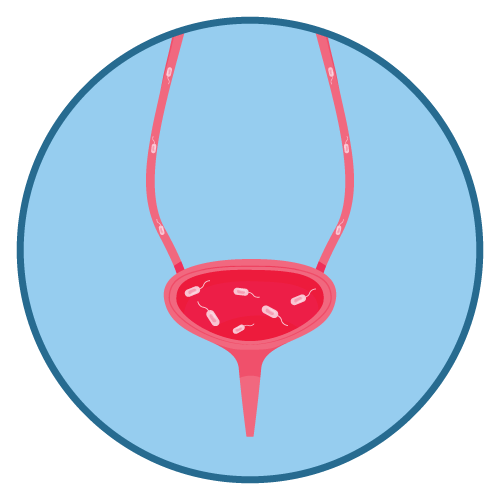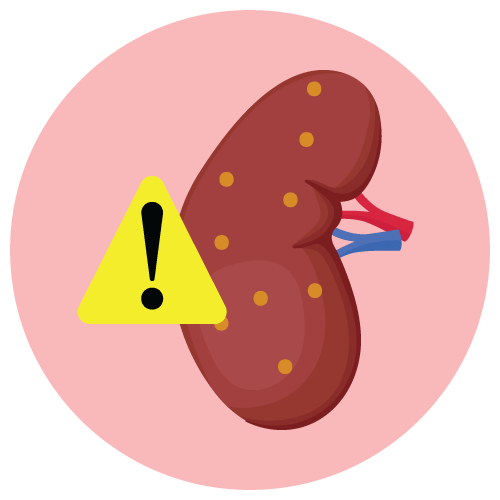| Name | Colistin |
| Classes |
Antiinfective Agent Antibiotic |
| Diseases |
Colistin
Colistin is an antibiotic in the polymyxin class, which is a group of cationic polypeptides that disrupt the bacterial cell membrane. Colistin acts by binding to the lipopolysaccharides on the outer membrane of Gram-negative bacteria, causing destabilization and permeabilization of the membrane. This leads to leakage of intracellular contents, cell death, and ultimately, bacterial eradication.
Colistin is indicated for the treatment of infections caused by Gram-negative bacteria, including Pseudomonas aeruginosa and Acinetobacter baumannii, that are resistant to other antibiotics. Colistin is used as a last resort antibiotic for the treatment of severe infections, such as-
- pneumonia
- sepsis
- urinary tract infections in hospitalized patients
- The dosage of colistin should be individualized based on the patient's age, weight, renal function, and the severity of the infection. Colistin is available in different formulations, including colistimethate sodium (CMS) and colistin sulfate (CS), which have different dosing regimens.
- For CMS, the recommended daily dose is 2.5-5 mg/kg (based on actual body weight) divided into 2-4 doses, administered intravenously (IV) or intratracheally (IT). The maximum daily dose is 9 million units.
- For CS, the recommended daily dose is 2-5 mg/kg (based on ideal body weight) divided into 2-3 doses, administered intravenously (IV). The maximum daily dose is 320 mg.
- The duration of treatment with colistin should be based on the severity and site of infection, as well as the patient's clinical response. Treatment should be continued for at least 7-10 days, and up to 14-21 days for more severe infections.
The most common adverse reactions associated with colistin include -
- nephrotoxicity
- neurotoxicity
- nausea
- vomiting
- diarrhea
- allergic reactions
- fever
- leukopenia
- Colistin should be used with caution in patients with renal impairment or pre-existing neuromuscular disorders, as colistin can cause nephrotoxicity and neurotoxicity. Renal function should be monitored regularly during treatment, and the dose of colistin may need to be adjusted based on renal function.
- Colistin should not be used in patients with a history of hypersensitivity to colistin or other polymyxins. Colistin should also be used with caution in patients with myasthenia gravis or other neuromuscular disorders, as colistin can exacerbate muscle weakness and respiratory failure.
Contraindication
Colistin is contraindicated in patients with a history of hypersensitivity to colistin or other polymyxins such as-
None known.
Polymyxin should not be used in patients with myasthenia gravis or other neuromuscular disorders.
 Bangla
Bangla English
English






